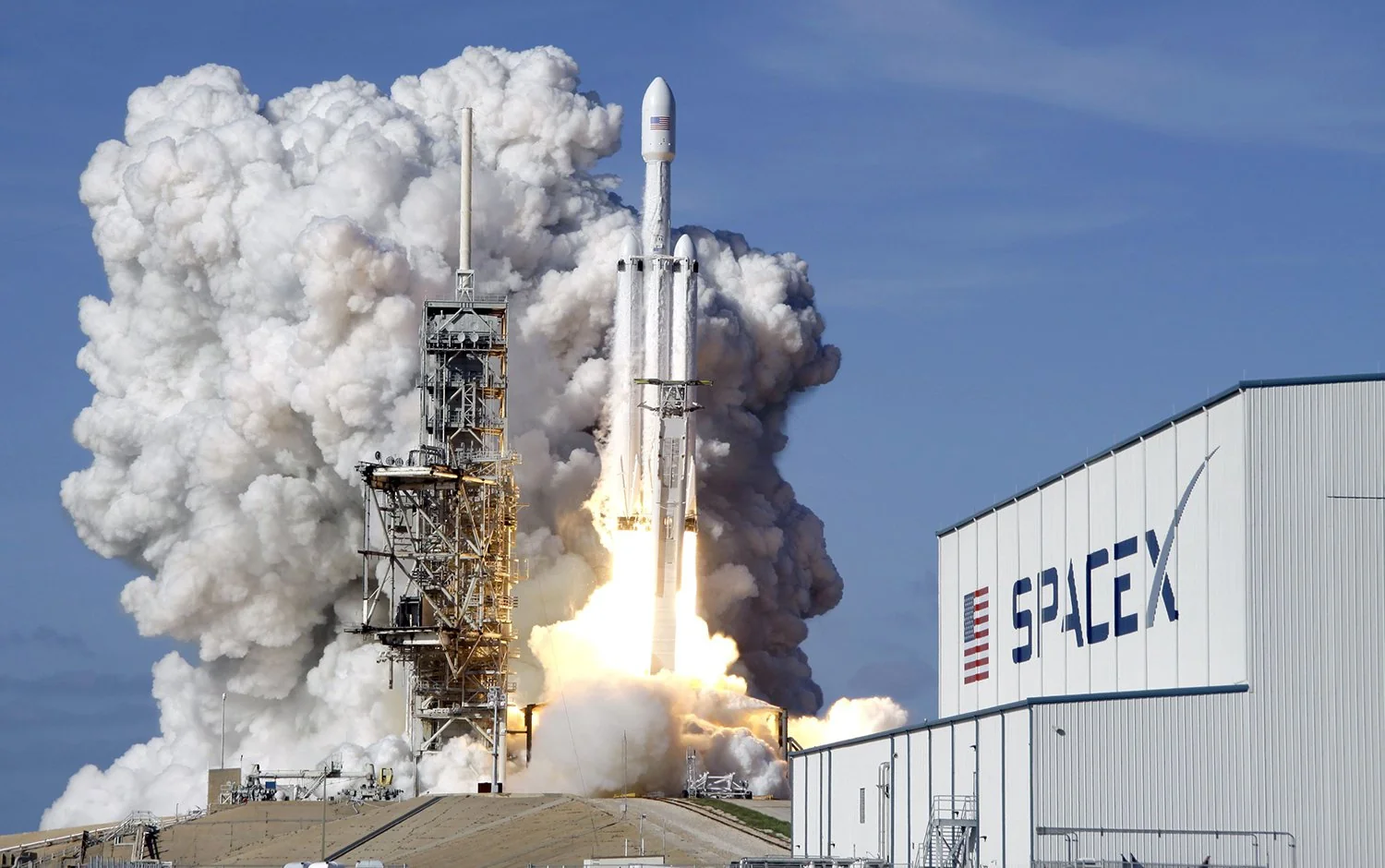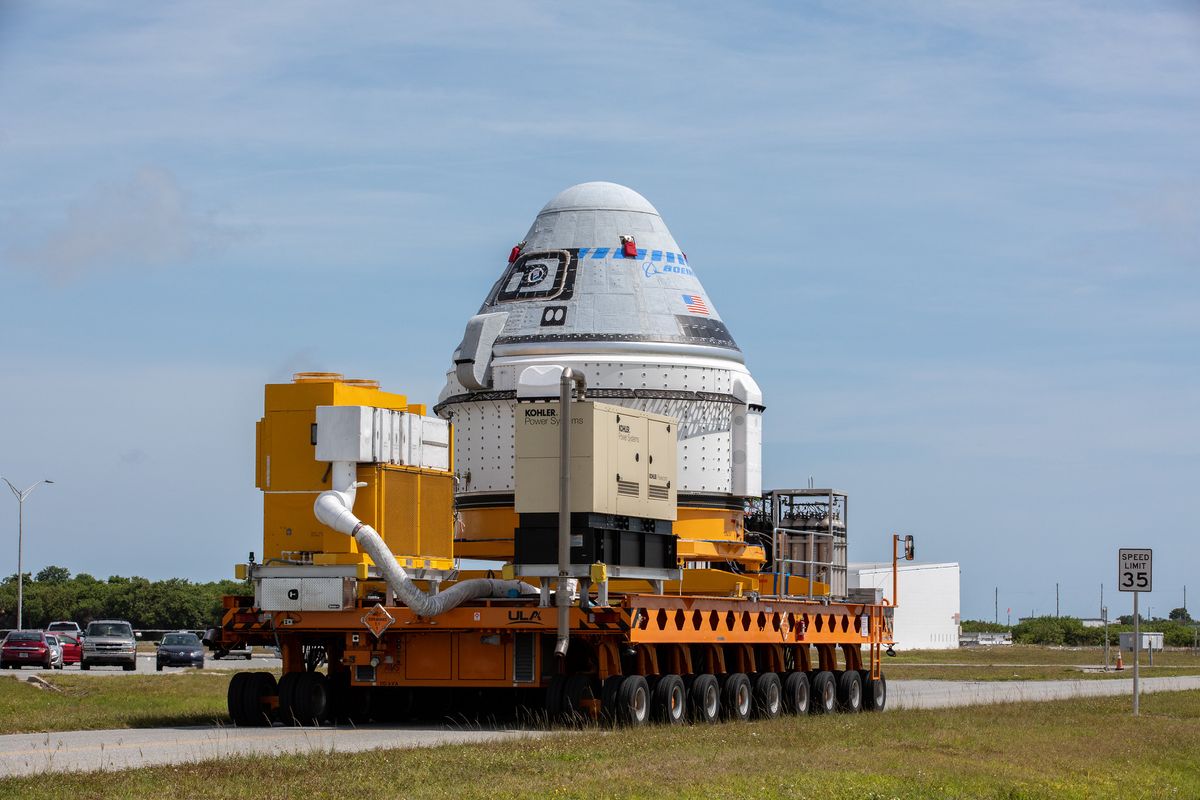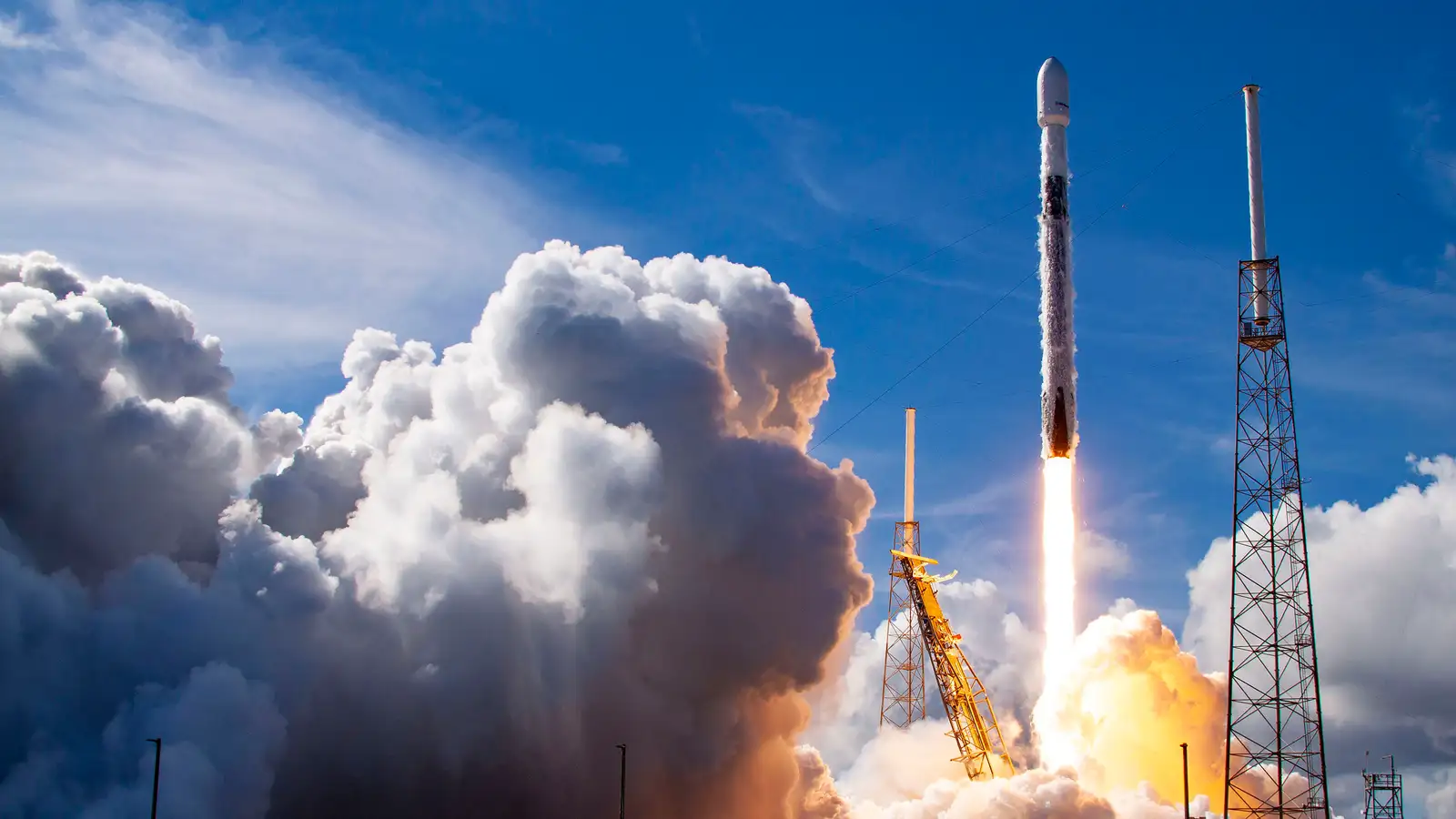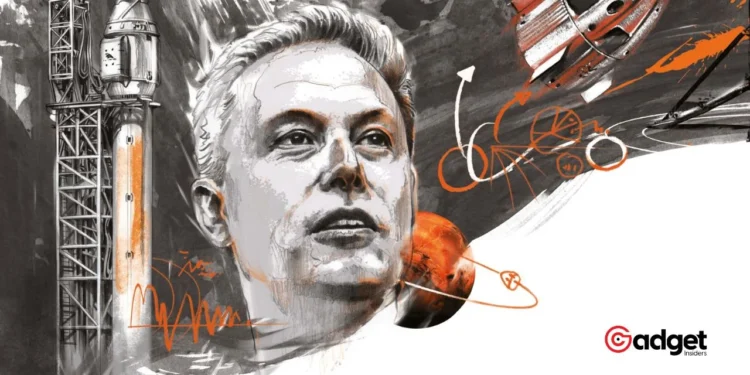In a significant public assertion, Elon Musk, the visionary behind SpaceX, has openly criticized aerospace giant Boeing as they prepared for their historic first astronaut flight. The platform for Musk’s candid criticism was X, the social media network formerly known as Twitter. This strategic jab overshadowed Boeing’s milestone moment, emphasizing that SpaceX had already achieved a similar feat four years prior, and more cost-effectively, marking a new chapter in the private spaceflight competition.

The Race to the Stars: SpaceX vs. Boeing
While Boeing geared up to launch its Starliner spaceship with astronauts Butch Wilmore and Suni Williams aboard, destined for the International Space Station (ISS), Musk didn’t hesitate to remind the world of SpaceX’s earlier accomplishments. In 2020, SpaceX not only became the first private company to send astronauts into space but also ended a nearly decade-long drought in U.S. human spaceflight.
Boeing badly needs a space win for its Starliner venture, a years-delayed program with more than $US1 billion in cost overruns. https://t.co/lrh939uFvw
— ABC News (@abcnews) May 8, 2024
Musk’s remark on X succinctly captured the essence of this achievement, “SpaceX finished 4 years sooner.” The timing of his comment, just as Boeing was making headlines, added to the competitive tension between the two companies. Despite Boeing’s significant investment, funded with a $4.2 billion contract from NASA under the Commercial Crew Program, SpaceX had managed to complete its project faster and with less money, totaling just $2.6 billion.
The Ongoing Saga of Innovation and Competition
SpaceX has not only pioneered this endeavor once but has continued to leverage its capabilities, conducting seven astronaut missions to the ISS since its inaugural 2020 flight. In contrast, Boeing has encountered a slew of technical and management challenges, which have delayed its progress and escalated costs. Musk pointedly criticized Boeing’s management on X, attributing the aerospace stalwart’s slower pace to “too many non-technical managers at Boeing.”

This rivalry was further explored in an Ars Technica article by senior space editor Eric Berger, which detailed how aerospace company had decisively fallen behind in the commercial crew space race, turning it into a costly misadventure. The article, which Musk shared on X, outlined a series of setbacks for company, including software malfunctions and hardware issues like dysfunctional valves, which significantly delayed their first uncrewed flight to the ISS and beyond.
A New Era in Space Exploration
The unfolding narrative between SpaceX and Boeing is part of a broader shift in how space exploration is approached in the U.S. NASA’s Commercial Crew Program, which oversaw the development of both SpaceX’s Crew Dragon and Boeing’s Starliner, represents a paradigm shift. This initiative is not merely about reaching new frontiers but is also geared towards creating a competitive market where multiple companies, including private ones, operate spaceships and space stations.
This competition is underscored by the transition to fixed-price contracts, which require companies like Boeing and SpaceX to adhere to NASA’s specifications without the safety net of open-ended government funding. This shift has posed challenges for Boeing, a traditional contractor used to lenient terms and ample budgets.

The Implications of Musk’s Candid Critique
Elon Musk’s outspoken critique of Boeing as they embark on their first crewed mission to space highlights the intense rivalry and high stakes in the new era of space exploration. As SpaceX continues to push boundaries and redefine the economics and possibilities of space travel, aerospace giant is navigating a steep learning curve, adjusting to new economic realities and technological challenges. Musk’s comments not only stir the competitive pot but also spotlight the significant achievements and ongoing ambitions of SpaceX in the evolving narrative of space exploration.
In this high-stakes arena, each launch not only advances our capabilities but also sets the stage for the next chapter of human spaceflight, where commercial entities play an increasingly prominent role. As these companies vie for leadership in space, the world watches closely, anticipating the next leap forward in our journey to the stars.










